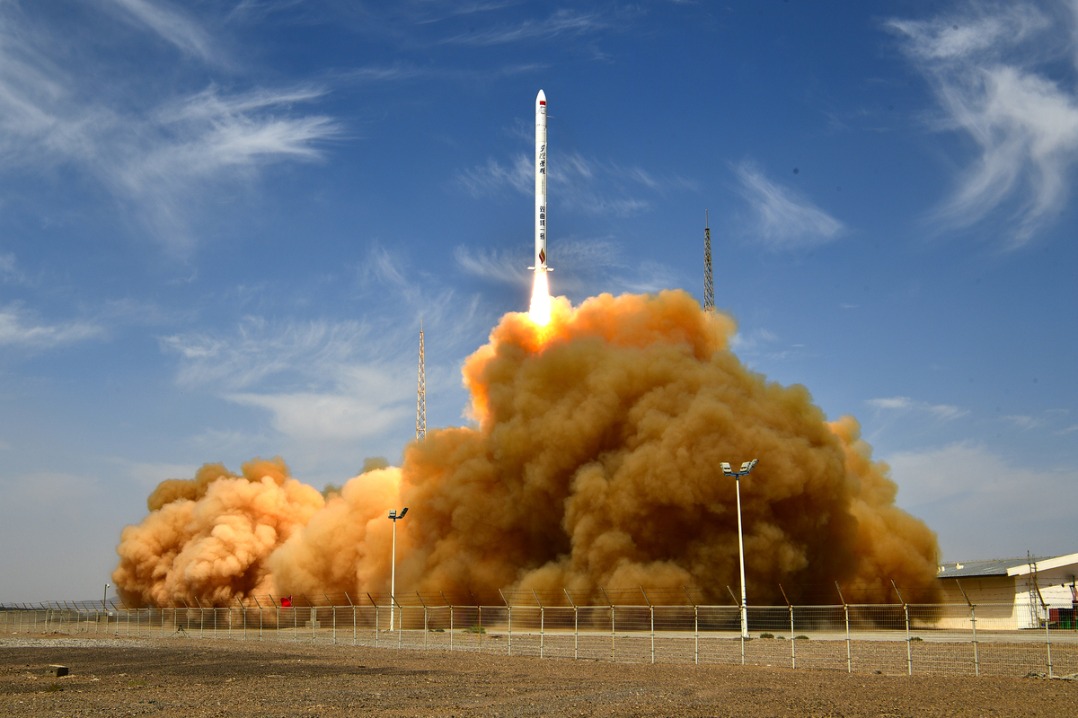The real winner of Nobel in chemistry is AI

The Nobel Prize in chemistry was shared by US scientist David Baker for "computational protein design", and Demis Hassabis and John Jumper from the United Kingdom for "protein structure prediction".
The Nobel Prize committee remarked that "they cracked the code for proteins' amazing structures". What rallied global attention is the fact that both Hassabis and Jumper come from Google Deep-Mind, which specializes in artificial intelligence, and they created an AI model that fundamentally changes the way of studying a protein's structure.
Given that even the Nobel Prize for physics went to computer scientists associated with AI, AI has dominated the Nobel Prize this year.
By understanding the three-dimensional structure of a protein, scientists can infer its role and how it interacts with other molecules, which helps in the study of diseases and development of new drugs. Besides, predicting protein structures helps in better comprehending the origins of life, which is linked to the Nobel Prize in physiology that went to researches in mRNA.
All these date back to Hassabis' and Jumper's AlphaFold model developed decades ago. Clearly, AI has helped humankind by making endless computations a cakewalk, in the process hastening research on the protein structure. The scientists who developed it deserve the prize as more scientists will now be encouraged to study it.
Today's Top News
- Crucial to foster stable China-ROK ties: China Daily editorial
- Xi sends message to World Youth Conference for Peace
- Thai army claims Cambodia violates ceasefire agreement
- Nation's AI industry hailed as economic growth driver
- China launches national child subsidy program
- Xi urges all-out flood relief efforts






























